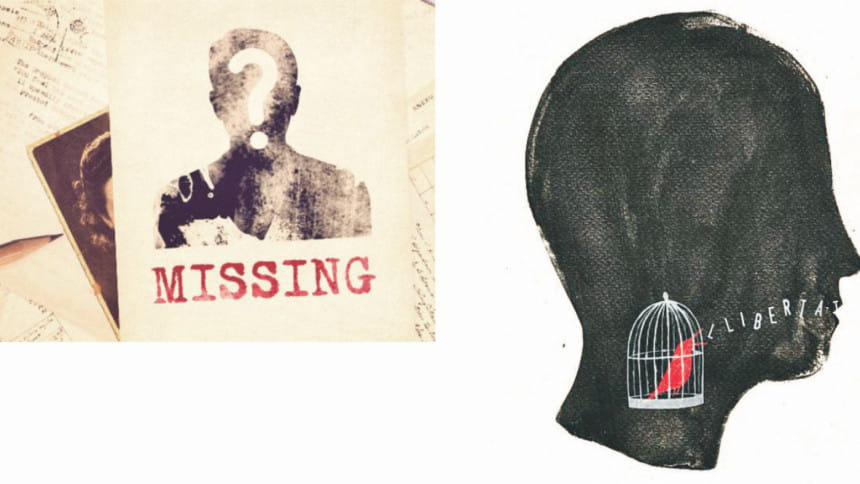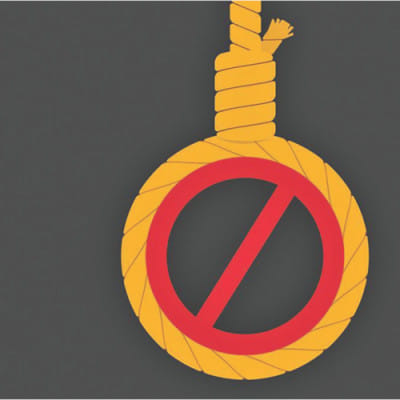7 human rights recommendations

In mid-May, the Human Rights Council, a United Nations body, met with all member nations to discuss their human rights situation, and Bangladesh was one of them. The process is known as Universal Periodic Review. Bangladesh was given recommendations by other states on how to improve the human rights scenario. We accepted quite a few—167 to be exact. We also said that we are going to think about supporting 23 more, including several recommendations on eliminating underage marriage. But then there are 61 we refused to accept, which conveys a message about what kinds of human rights we are not willing to protect. Here is a summary of the human rights issues Bangladesh did not accept recommendations on, at the UPR:
1) Torture
Denmark, Bosnia and Herzegovina, Ukraine, Ghana, Sri Lanka and Czech Republic recommended that Bangladesh ratify the Optional Protocol to the Convention against Torture and other Cruel, Inhuman and Degrading Treatment or Punishment. This protocol would put pressure on the government to create infrastructures to detect torture at all levels of society. This means creating local committees to keep tab on the kinds of torture happening in prisons, homes and in public places.
2) Marital rape
Not a lot of people know that marital rape is not recognised as rape, much less a crime, in Bangladesh. And so it will remain until Bangladesh chooses to act on it as a matter of human rights. During UPR, Bangladesh refused to support recommendations from Finland, Portugal and Iceland to make marital rape a crime.

3) Enforced disappearances:
Bangladesh rejected recommendations from Japan, Bosnia and Herzegovina, Iraq, Senegal, Togo, Ukraine and Peru to ratify the International Convention for the Protection of all Persons from Enforced Disappearances. This convention legally recognises the term "enforced disappearance" as illegal detention by state-sanctioned actors. Currently Bangladesh has no legislation that differentiates between a person who is "missing" and someone who is being illegally detained by the state. Bangladesh also refused to support USA's recommendation to "Strengthen measures to prevent, investigate, and hold security forces accountable for human rights violations and abuses, including, providing an update on investigations into the alleged disappearances of Mir Ahmed Bin Quasem and Amaan Azmi." Namibia's recommendation to allow the National Human Rights Commission to investigate crimes by state actors was also turned down.
4) LGBTI rights
We did not support any recommendation that specifically suggested acknowledging the rights of the queer population. We turned down Italy, Germany, Belgium and Brazil's recommendation to combat violence against this community and Canada's recommendation to include their issues in our laws. In addition, we refused to decriminalise same-sex relations, as suggested by Mexico, Honduras and Argentina.
5) Defamation and freedom of expression
We are not about to decriminalise defamation anytime soon by the looks of it. Currently, this is an offense that can warrant arrest by the police and detention in a jail—but several countries including USA and Estonia, think it should be made a civil offense. USA suggested that defamation be decriminalised. Greece, Netherlands, Germany and Czechia recommended that all laws which restrict freedom of speech be repealed.
6) Abolition of death penalty
Six people were executed last year, and 10 the year before. Meanwhile, over a thousand have currently been given the death sentence. Under such circumstances Bangladesh has refused all recommendations that would abolish the death penalty. In fact, this was recommended by the maximum number of countries: Uruguay, Montenegro, Iceland, Spain, Togo, Benin, Portugal, Czechia, Australia, Slovakia, Holy See, Austria, Belgium, Italy, New Zealand, Poland, Chile and Namibia.
7) Labour rights
Bangladesh also refused to ratify several conventions by the International Labour Organisation that deal with domestic workers, indigenous communities and child labour. Madagascar recommended that Bangladesh take steps to ensure that domestic workers are given decent work and that indigenous communities are given equitable rights, while both Madagascar and Spain recommended that we eradicate child labour.





Comments